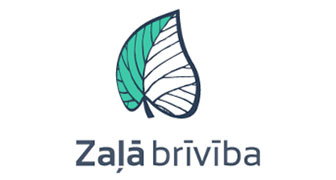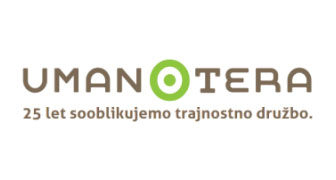CEE: CEEweb for Biodiversity (project leader)

CEEweb for Biodiversity is a network of 53 non-governmental organizations which has been committed for the past 25 years to the conservation of biodiversity in the Central and Eastern European region. CEEWeb has altogether 27 member organisations in the study countries (6 in Bulgaria, 7 in Hungary, 1 in Latvia, 4 in Poland, 7 in Romania, 2 in Slovakia). CEEWeb will be responsible (under the supervision of EEB) for providing input to the project in connection with biodiversity and agriculture and coordinating the related work of the other project participants. It will regularly inform its 53 members about the progress of the project.










